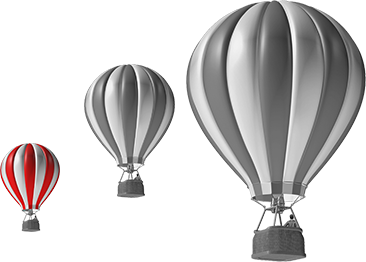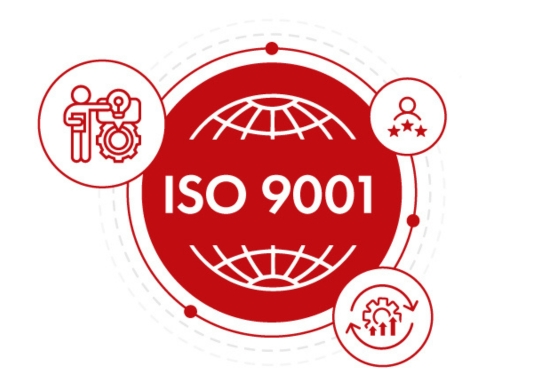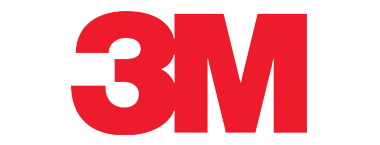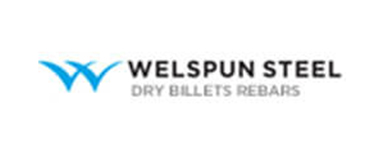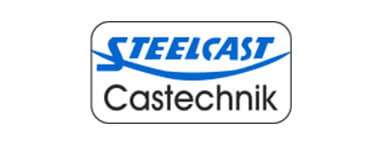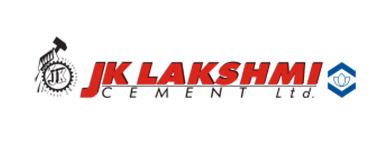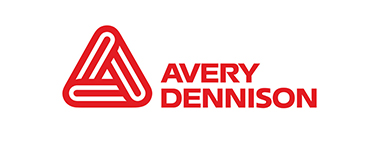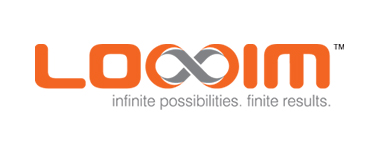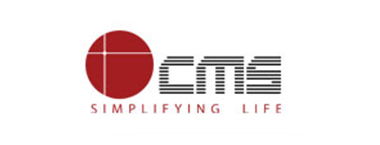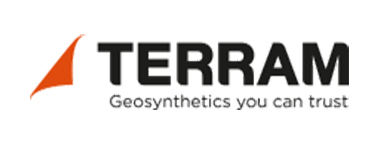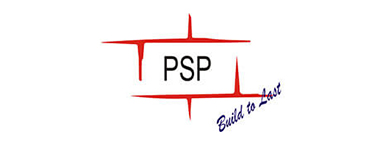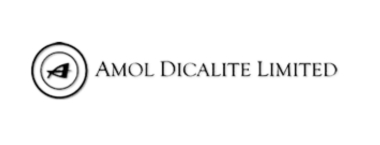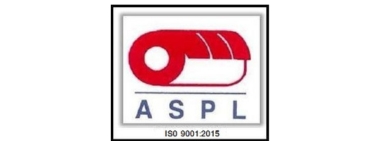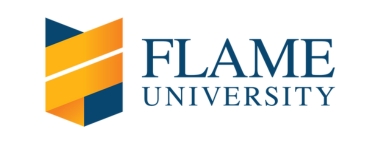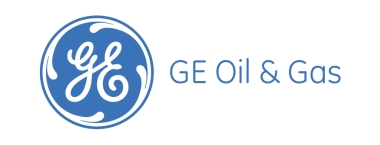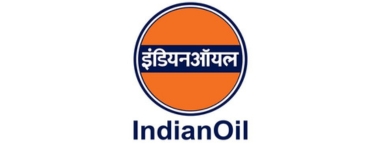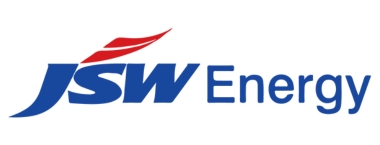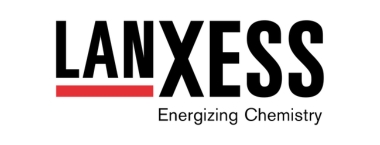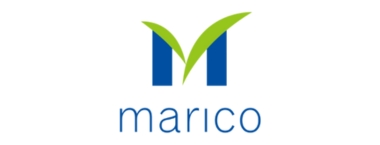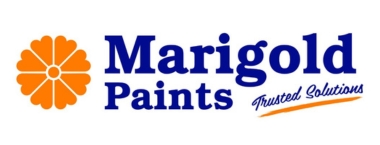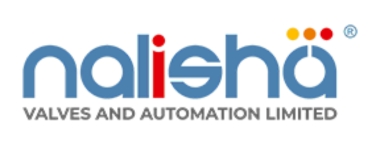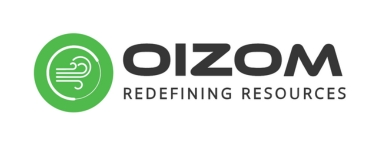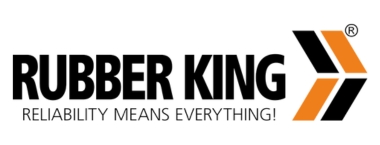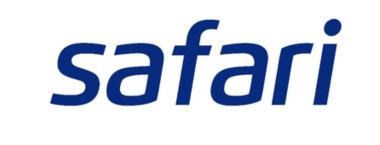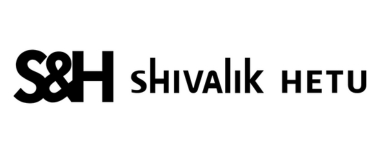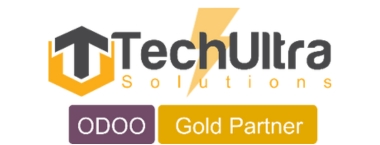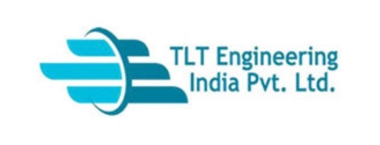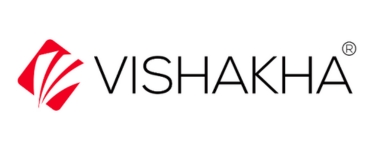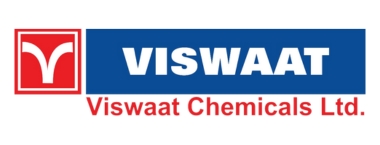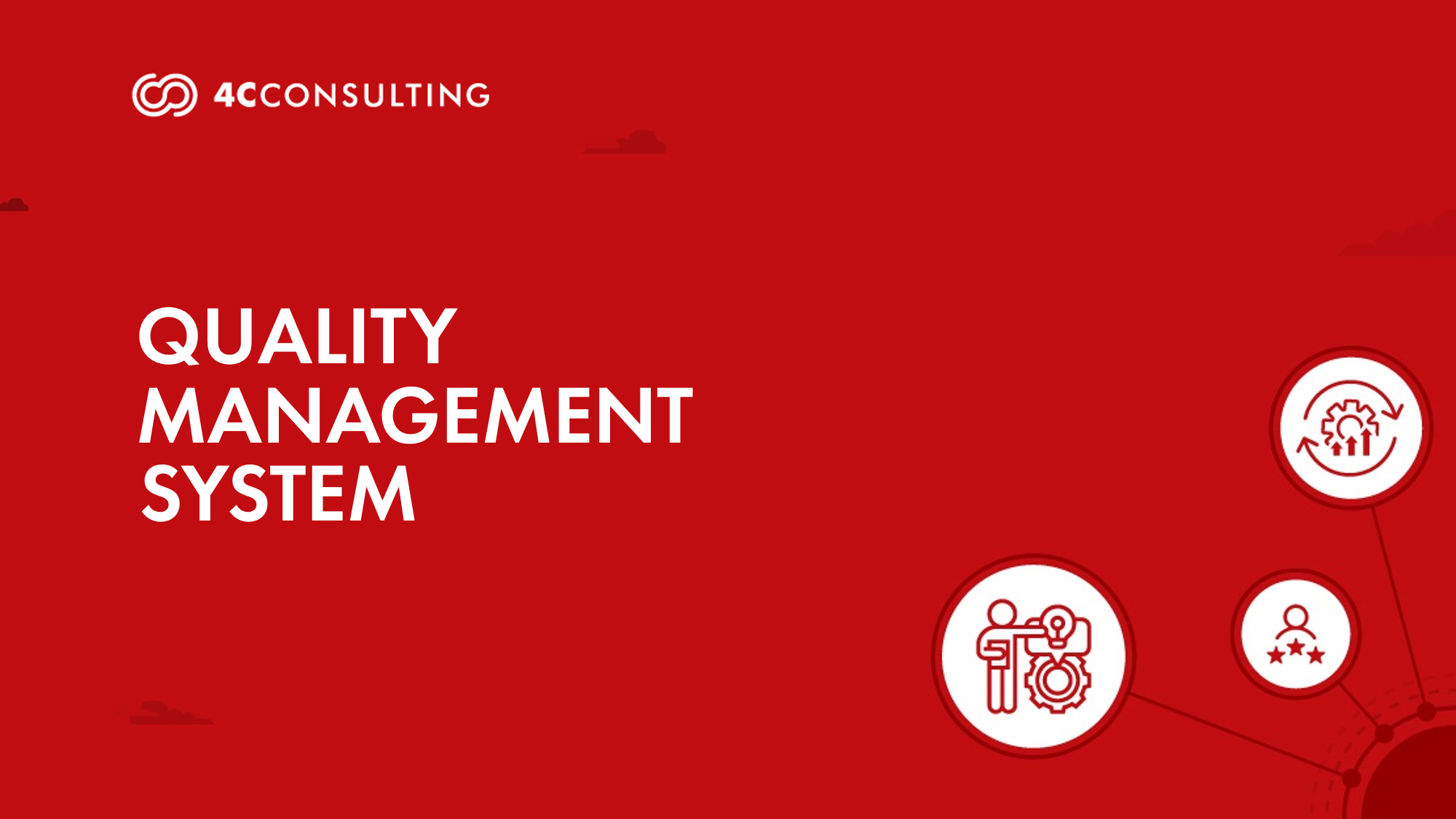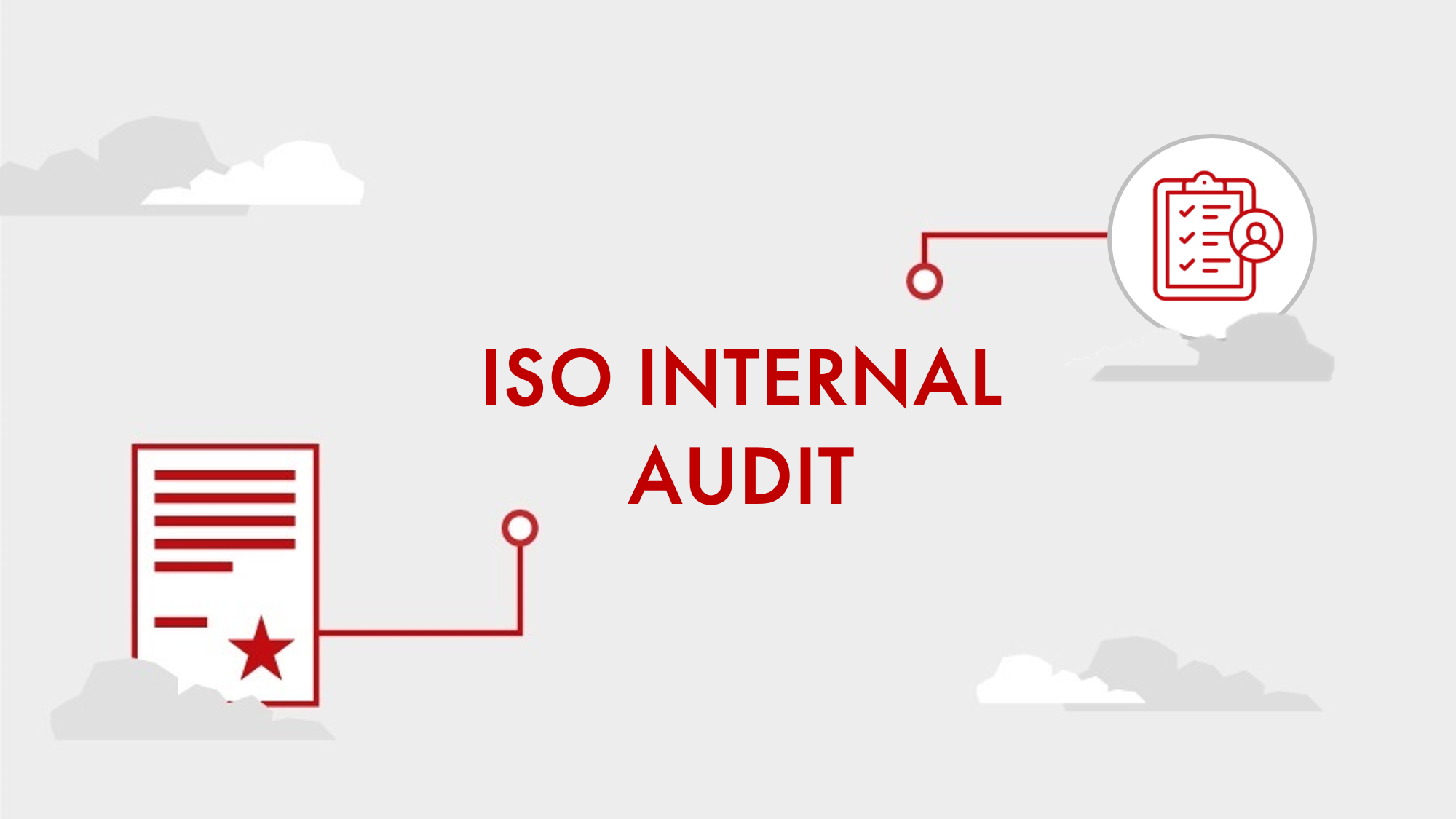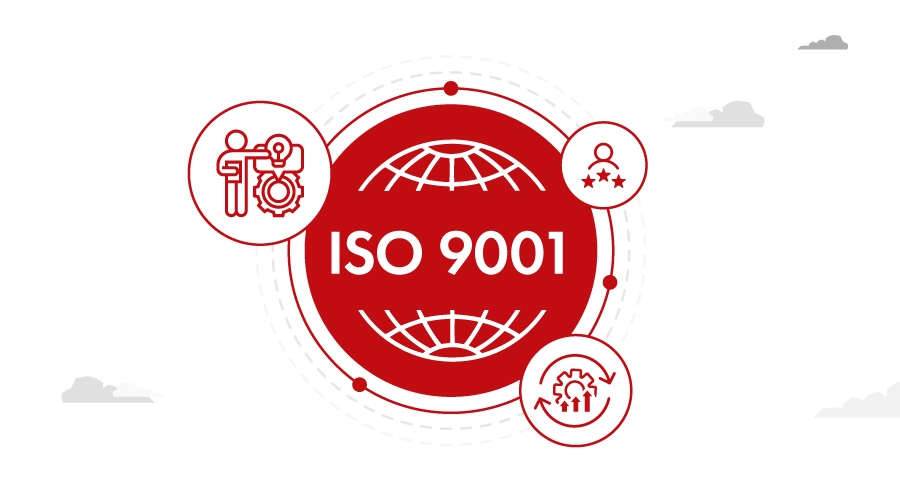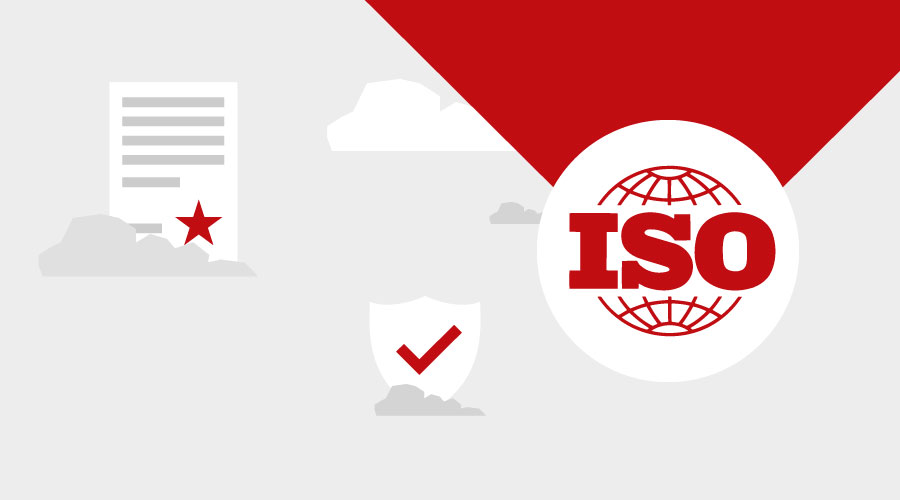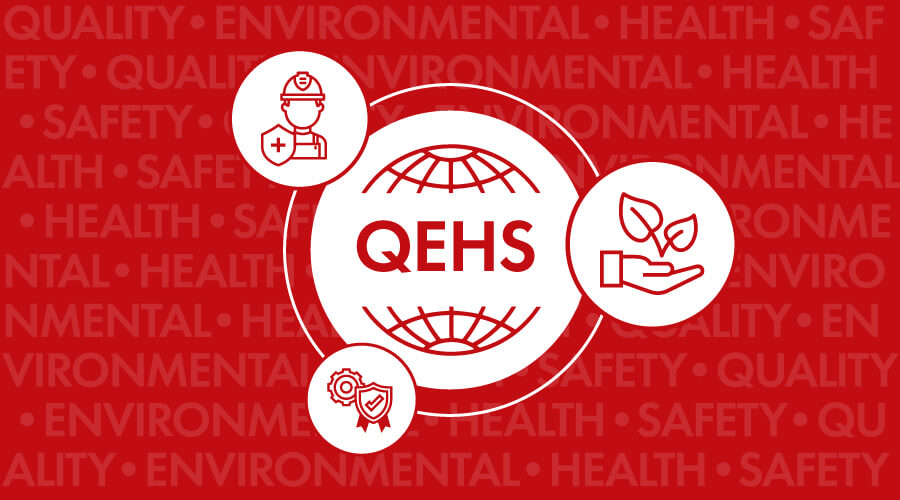
Frequently Asked Questions
The 7 principles of ISO 9001 are:
- Customer focus: Continuously meet and exceed customer expectations.
- Leadership: Leaders establish purpose and direction for the organization.
- Engagement of people: Involving everyone at all levels to achieve objectives.
- Process approach: Managing interrelated processes effectively and efficiently.
- Improvement: Continuous improvement as a core objective.
- Evidence-based decision making: Use data analysis to inform decisions.
- Relationship management: Maintain beneficial supplier and partner relationships.
An ISO 9001 policy refers to a high-level document created by an organization that outlines its commitment to quality and continuous improvement. It is a key requirement of the ISO 9001 standard, which sets the criteria for a quality management system (QMS). This policy serves as a guiding principle for the organization, ensuring that products and services meet customer and regulatory requirements consistently. It typically includes the organization’s quality objectives, a commitment to customer satisfaction, and a focus on maintaining and improving quality processes
In ISO 9001, a "process" refers to a series of interrelated activities that work together to transform inputs into a desired output, such as a product or service. The standard follows a process-based approach to quality management, which means organizations need to identify, manage, and optimize all key processes that contribute to quality. Each process, from planning to execution, is systematically controlled and improved to ensure consistency, meet customer requirements, and drive operational efficiency. This approach helps organizations maintain high-quality standards and continuously enhance their performance.

